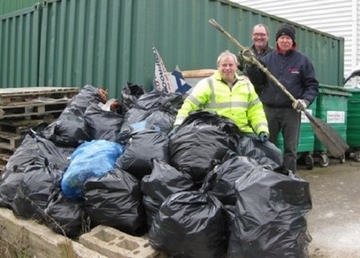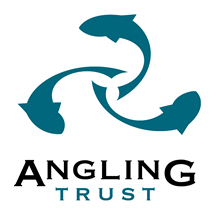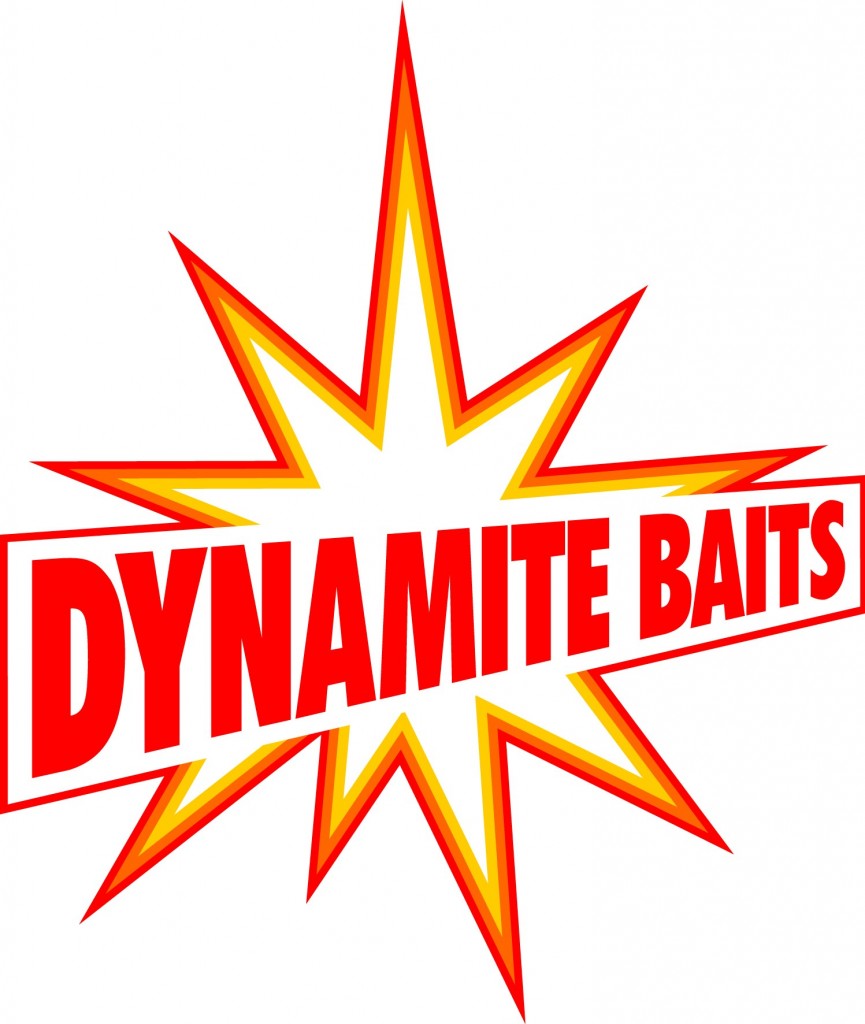Angling Trust tells RSPCA: Stop blaming anglers for plastic and litter problemsposted on 18 February 2019 | posted in Articles / NewsThe Angling Trust has urged the RSPCA not to lay the blame at anglers’ feet following the publication this morning of an article in The Guardian suggesting that the majority of litter related wildlife incidents are caused by discarded fishing tackle. Instead the Angling Trust invites the RSPCA to join with it in highlighting the issue of litter and its impacts in both the marine and freshwater environments. Anglers take the issue of litter extremely seriously and the vast majority are responsible custodians of our countryside and coasts. The Angling Trust runs several initiatives to educate the small minority, working with their extensive network of over 2,200 clubs, fisheries and trade members to promote angling club litter clean ups, in which anglers in their thousands take part in across the country. The Trust also runs an initiative called Take 5 to inspire anglers to collect five pieces of (non-angling related) litter when packing their gear away, all in partnership with the Environment Agency.  Over recent months a new enterprise to recycle used fishing line has also emerged. Known as the Anglers National Line Recycling Scheme, the Angling Trust is encouraging all anglers to utilise this free service to minimise the amount of fishing line that is sent to landfill. Furthermore, our 500 trained Voluntary Bailiffs have guidance on how to assist injured wildlife, which was drawn up in partnership with the National Swan Convention. The Trust has had a number of meetings with the RSPCA in the past to work jointly on this issue with them but regretfully they have declined to take this further. According to the RSPCA’s own figures, of the 579 incidents in 2018 involving plastic litter, only 29 were litter from angling and 550 were from general litter. Moreover, The Guardian article failed to acknowledge the contribution of commercial fishing to marine litter in particular, with reference to “discarded nets” from anglers. Discarded nets are likely to arise exclusively from commercial operations – not from recreational angling – and can cause major damage to wildlife both in the marine environment through ‘ghost fishing’ and by entangling animals when nets wash up onto the shore. The Angling Trust recognises that litter can become a problem in some areas. However, analysis of previous data provided by the RSPCA has shown that this is an issue primarily attributed to summer school holidays on open access waters, where inexperienced anglers are using inappropriate fishing equipment. The Trust wants to see more people take up angling and to access the many health and wellbeing benefits derived from participation but would urge everyone to first attend one of our managed and supervised “Get Fishing” family events, which can be found at www.getfishing.org.uk. James Champkin, Campaigns Officer for the Angling Trust, said: “No one likes to see litter around our lakes and rivers or spoiling our beaches, least of all anglers who spend more time enjoying our waterways than any other group. Many anglers are also keen birdwatchers and nature enthusiasts, and the last thing they would want to do is cause harm to the amazing wildlife that we share our sport with. The Angling Trust is keen to work with the RSPCA to help better educate the minority. Anglers are the driving force behind conservation of rivers and oceans and overall make a hugely positive contribution to the protection of habitats for wildlife with rod licence fees, donations and volunteer time. Our members support work by the Angling Trust and Fish Legal to campaign and take legal action to stop pollution and other damage to the water environment.
|








.jpg)
.jpg)





